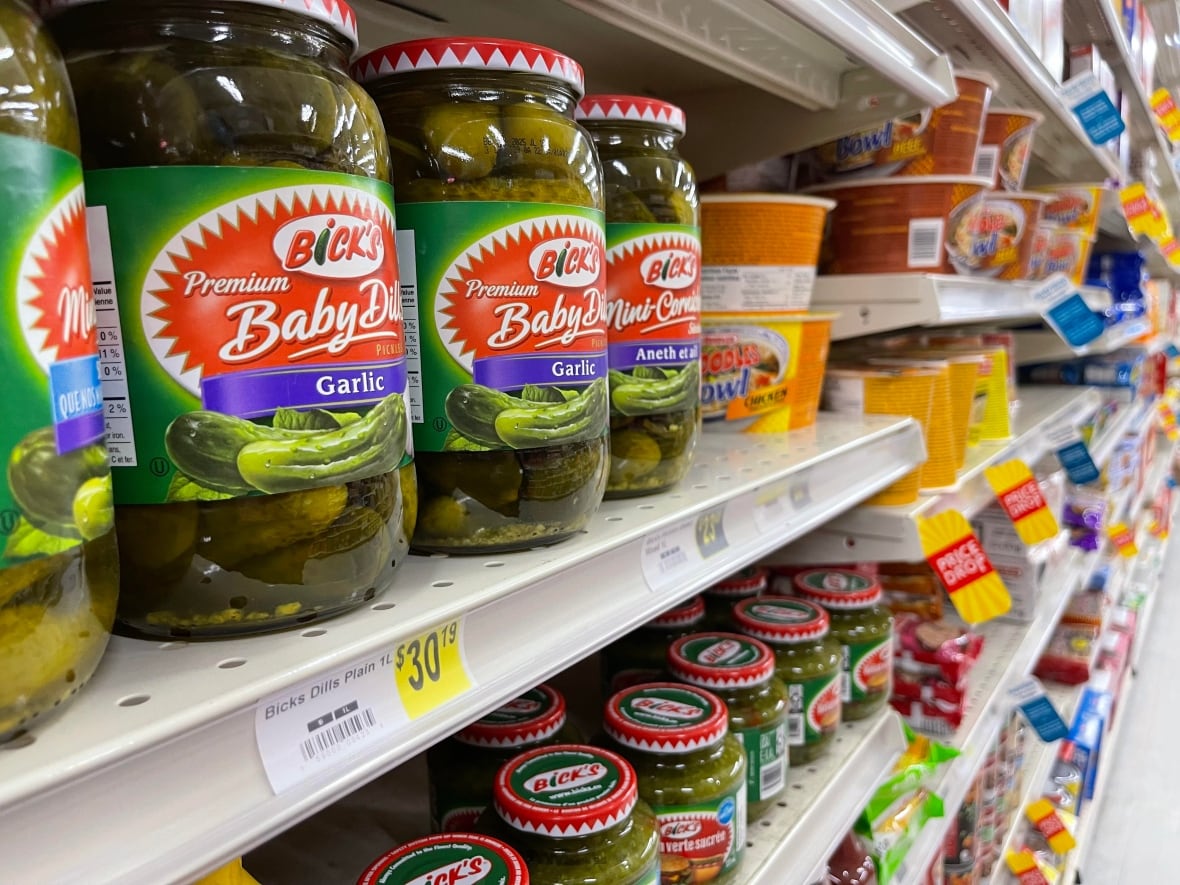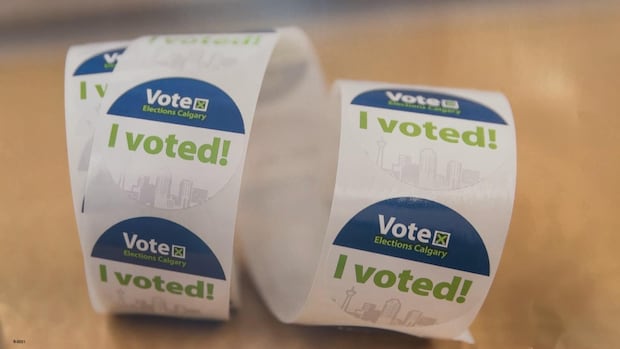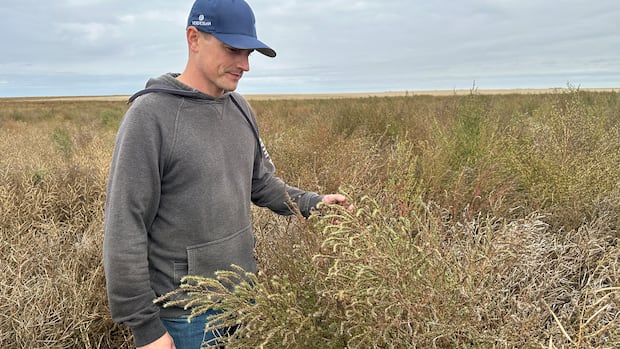The Indigenous Services of Canada minister says an announcement about the future of the Inuit Child First Initiative is coming, but she’s remaining tight-lipped about the details for now.
The Inuit Child First Initiative (ICFI) program has been in place since 2018 as a temporary measure to ensure Inuit children have timely access to essential supports and services while an Inuit-specific framework is being developed.
It was set to expire earlier this year, but funding was renewed for another year.
For much of last year, the program provided Nunavummiut with monthly food vouchers distributed by hamlets until that funding stream ended in March.
The impact of that cut is clear, according to Kendall Aknavigak, co-founder of the Kitikmeot Friendship Society. The organization is one of several in Nunavut which helps people with their ICFI applications.
“People are asking for donations for food because the food bank or their paycheque is not lasting long enough,” she said.
Individual requests for food support are still permitted, but Aknavigak said there are very few approvals now, and they’re largely only for those with specific medical needs. Previously, people were getting requests approved for children facing financial hardship too.
Aknavigak argues that by not supporting children who are hungry, the federal government is putting children’s health at risk, which could further exacerbate people’s demand for help.
“If you’re taking away the basic needs of children, you’re further hindering their health needs and the needs of their parents — so it’s a cascading effect,” she said.
In an interview with CBC News, Indigenous Services Canada Minister Mandy Gull-Masty said her priority, before the announcement, is to co-define a model with Inuit leadership to ensure any new programs the government introduces are robust.
“It has to have fiscal sustainability. It has to have concrete funding in place … as something that you can access consistently,” she said.
Neither Inuit Tapiriit Kanatami or Nunavut Tunngavik Inc. responded to CBC News’ requests for comment.
‘Not responding to that critical criteria’
Gull-Masty said ICFI needs to be brought back in line with its original purpose, which is to meet the needs of the most vulnerable. That includes those facing food security issues, but she says the rollout of the hamlet food voucher program had issues.
“In some instances, there were also uses of the program that were not responding to that critical criteria,” she said.

Vandna Sinha, associate research professor at the University of Colorado in Boulder is part of a study reviewing the effectiveness of the hamlet food voucher program.
A preliminary report cites 2022 Statistics Canada figures, which found 41.8 per cent of Nunavut children lived in households classified as poor based on the low-income measure.
The welfare income available to a low-income family of four in Nunavut in 2023 was $36,783. Even with the top-up from the food voucher program, those households would still fall short of the poverty threshold for those on welfare income in the territory.
“This is not a luxurious life that’s being funded. The way that people talk about this is in very simple and very moving terms, such as if we’re able to buy fruit,” Sinha said.
The study notes some flaws with the rollout of the hamlet food vouchers. They include the exclusion of seniors or those without children, and the need for more education about budgeting and buying healthy food. These are issues Sinha said could be worked on.
“But to remove the hamlet food voucher programming without putting anything else in its place doesn’t make sense,” she said.
Lack of legal protections
Sinha also points out that the ICFI doesn’t have the same legal protections as Jordan’s Principle (JP), the program for First Nations children which the ICFI mirrors.
Jordan’s Principle is a human rights principle established by the Canadian Human Rights Tribunal.
In November 2024, the tribunal ruled that a child with no access to food or other basic necessities must be treated as an urgent case requiring action within 12 hours. But the report Sinha co-authored states that some Inuit children’s immediate needs are not being addressed due to the number of children living under the poverty line, as well as the delays in approvals for grocery supports.
“I think that if I was an Inuk parent,… I would wonder why my child isn’t also deserving of that kind of treatment that’s offered to [other] urgent cases,” Sinha said.
Minister Gull-Masty acknowledges that ICFI doesn’t have the same legally-binding mechanisms, but she said “it is one that this government has committed to responding to”.

Need for accountability
Sindu Govindapillai agrees the hamlet food voucher programs are only a Band-Aid solution, but they were needed in the absence of other support. She’s the director of Qupanuaq, which helps people with their ICFI applications in the Baffin region.
“None of us wants to be putting individual applications for clothing, for beds, for food. We know that ICFI is not the right tool to address chronic poverty across Nunavut, but we need substantial investment from the federal government to address the root causes of poverty,” she said.
To truly address poverty in Nunavut, she said the federal government needs to set targets to hold itself, and other organizations, accountable.
“To this day, Nunavut does not have clear targets on what they want their child poverty rate to be. It was only in 2023 when we had the market basket measure that we were actually able to even measure poverty in Nunavut,” she said. The market basket measure is used by Statistics Canada to set Canada’s official poverty line by defining how much a family of four would have to earn to afford a basic standard of living.
“We are all responsible for these collective measures of wellness in our communities.”







